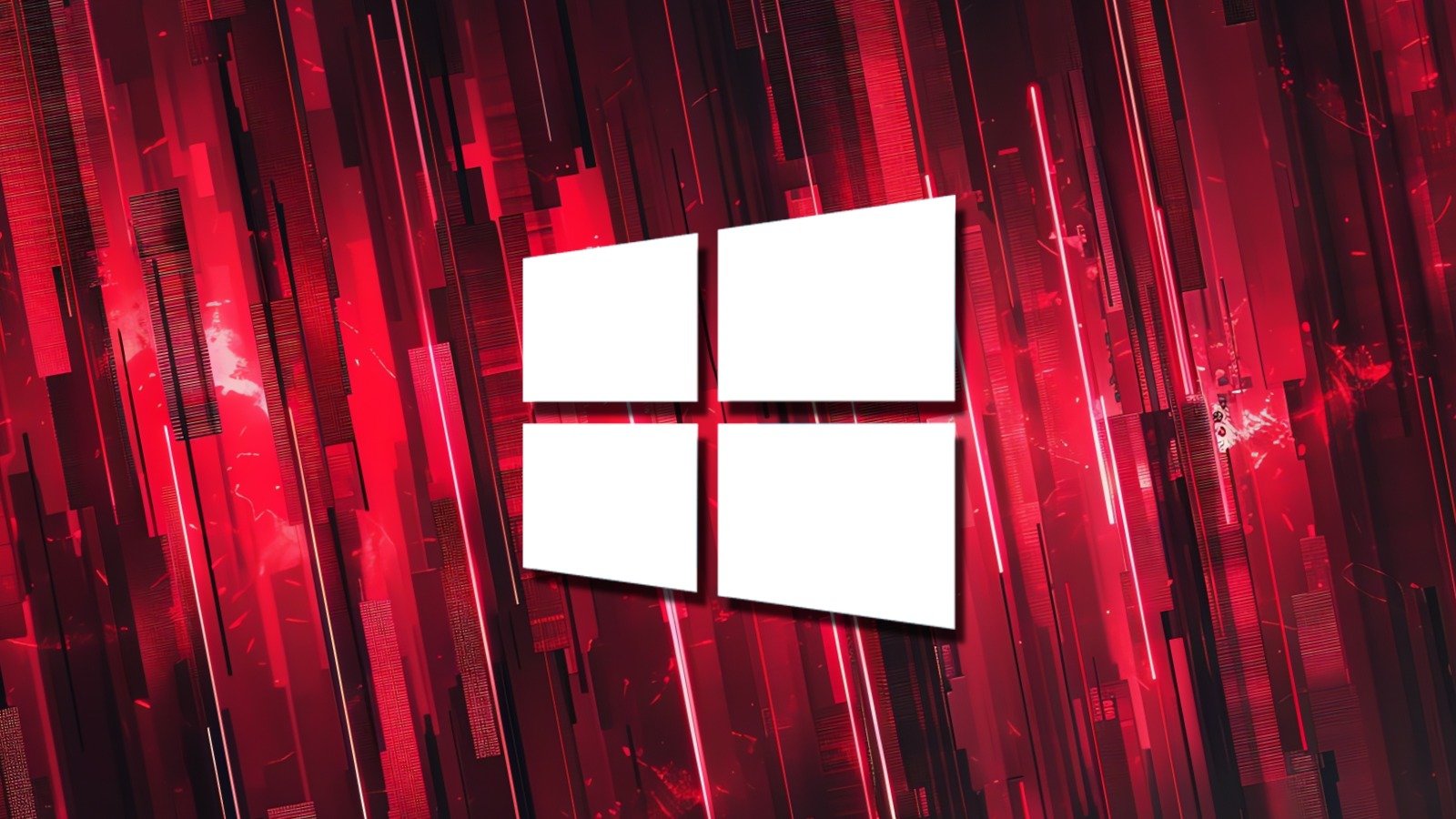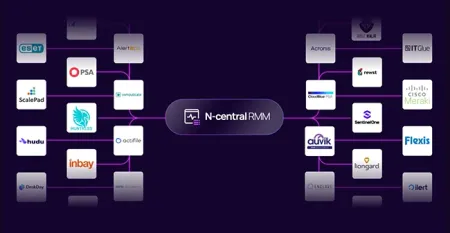Microsoft reportedly fixing SSD failures caused by Windows updates

Recently released Windows 11 24H2 updates are reportedly causing data corruption and failure issues for some SSD and HDD models on up-to-date systems.
This issue was first reported on Friday by a Japanese PC building enthusiast who saw drives with Phison NAND controllers disappearing from the OS during heavy write operations (like writing large files or many files at once) after installing the KB5063878 security update and the KB5062660 preview update.
While some of the impacted drives were restored after restarting the system, the rest remained inaccessible even after a reboot.
The user who first reported this bug also speculated that it could be caused by a drive cache issue resulting from a memory leak in the OS-buffered region.
"Our tests show that symptoms appear on SSDs with over 60% usage after approximately 50GB of continuous writing. Reports indicate similar symptoms on HDDs as well," they said.
"Our tests suggest that Phison NAND controllers are relatively prone to issues, with DRAM-less models from the same company tending to exhibit issues at lower write volumes."
Other reportedly affected users have encountered this issue on systems with SanDisk Extreme Pro, Corsair Force MP600, Maxio SSD, KIOXIA EXCERIA PLUS G4, KIOXIA M.2 SSD, and other drives with Phison PS5012-E12 and InnoGrit controllers.
Microsoft reportedly working on a fix
While Redmond has yet to officially acknowledge this issue, Phison confirmed in a statement shared with BleepingComputer that it's working with Microsoft to resolve the issue.
"Phison has recently been made aware of the industry-wide effects of the 'KB5063878' and 'KB5062660' updates on Windows 11 that potentially impacted several storage devices, including some supported by Phison," a spokesperson also told BleepingComputer.
"We understand the disruption this may have caused and promptly engaged industry stakeholders. [..] At this time, the controllers that may have been affected are under review and we are working with partners."
BleepingComputer has also reached out to Microsoft with questions about this issue, but a response was not immediately available.
Until this issue is officially confirmed and addressed, Windows users should avoid writing large files (tens of gigabytes) or multiple large files in quick succession, and instead write them in smaller batches over time.
Also, when extracting large compressed files with many items (e.g., 200 files of 200 MB each), do so in several steps rather than all at once.






